Matt Calkins, a world champion at board games who has designed his own titles, argues that Appian should only hire people who are excellent at their hobbies
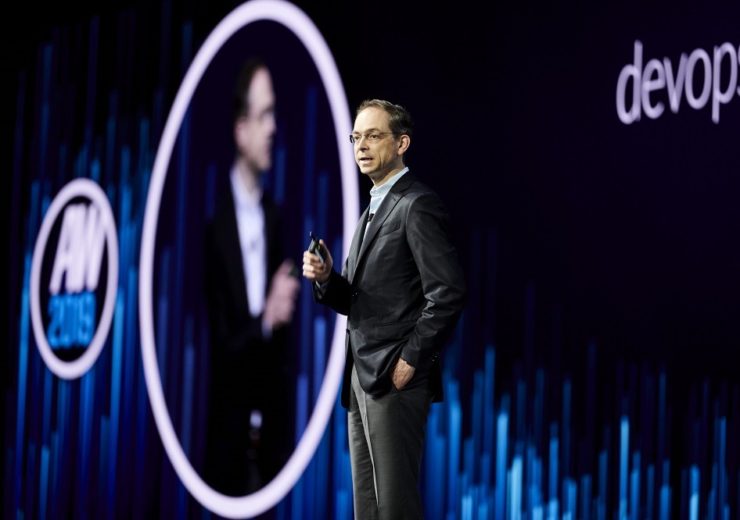
Appian CEO Matt Calkins
As an economist by background and avid board game enthusiast, Matt Calkins takes a different approach to many other tech firm bosses in running Appian, as he tells Dan Robinson
On one morning next month, Matt Calkins will have a privileged position when he rings the bell to open the markets of the Nasdaq stock exchange in New York City.
It will mark roughly 20 years to the day that he set up Appian, the low-code software firm based in the US, aged 26 alongside three classmates from Dartmouth College.
Still CEO, chairman and president of a company used by the likes of John Lewis, Barclays and Dallas Fort Worth International Airport to design apps without coding expertise, he oversaw the most successful tech IPO in 2017 and significant growth in the two years since.
He attributes part of his success to the constant self-learning involved in playing board games at a world-class level, while his recruitment strategy is as innovative as his technology – deciding Appian should only hire people who are excellent at their hobbies.
“I’m an economist so I think of things in efficiency terms,” he says. “I’m trying to address micro-economic problems and a lot of the company’s vision has come out of this.
“It gives me a different perspective to the thinking they have in Silicon Valley.”
Matt sits down with NS Business to tell his story.
Matt Calkins on founding Appian two decades ago
In 1999, the Dartmouth economics graduate co-founded Appian with the intention of creating custom software, beginning with business process management – a system in which various methods are used to improve corporate performance.
One of its greatest features, he found, was an ability to draw a flow chart to turn an idea into a process.
“That pictorial manner of programming made so much sense to me,” he recalls. “I thought ‘this is how people think’ – up until this moment, when we went to do something on the computer, we did it on the computer’s terms.
“Now we could do it in a very human way.
“If I wanted to describe something to a colleague, I would do it on a flow chart, and that’s what we wanted to do with this programme.
“That felt to me like a profound breakthrough, so I wanted to follow that idea to it’s natural consequence – which is low-code.”
Matt Calkins on how low-code software works
Appian has since become a pioneer in the field of low-code software.
It enables users to create applications through graphical user interfaces and configuration, instead of computer programming.
Via a low-code development platform, users have a new way of making unique apps quickly and intuitively by drawing, rather than writing, them.
For Matt, it’s an extension of his flow chart concept.
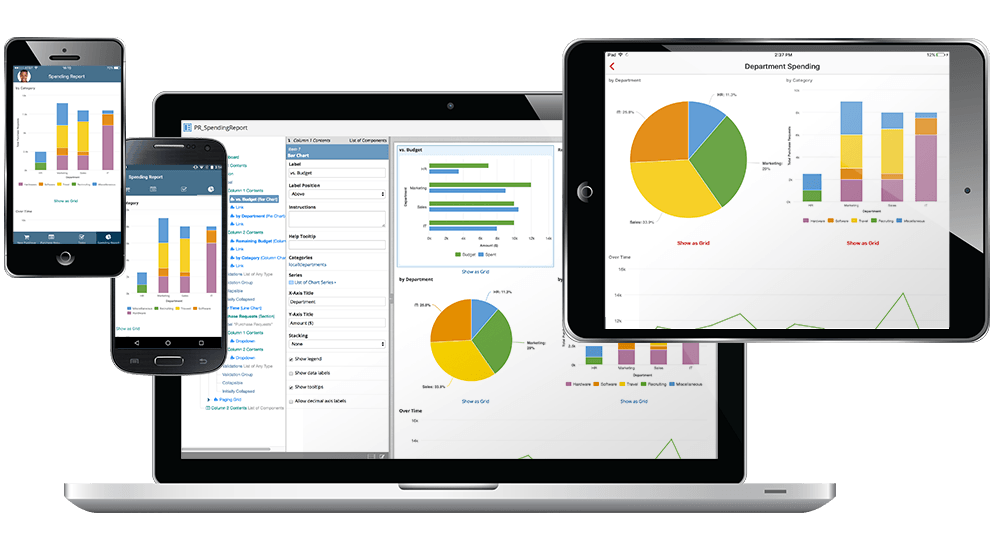
“It’s like building apps out of LEGO bricks,” he says. “It’s ten to 20-times faster than building out of usual means.
“The applications you make are also more powerful. In the past, when someone was writing an application, it was good or bad depending on the developer.
“This isn’t quite the case any longer because it isn’t the developer who writes the application, it’s the application that writes it. The developer just describes the app.
“If we delegate the job of the software to the app layer, then the software can be arbitrarily more powerful. It can write all the features so if it goes down in one place, it can be operating in another.”
Matt Calkins on how becoming a world-class board game player has helped him as a CEO
Aside from running a growing, ambitious tech business, Matt’s mind is occupied by playing and designing board games – an arena in which he is one of the best on the planet.
He has won numerous events at the World Boardgaming Championships, held each year in Pennsylvania with thousands of competitors, and finished third overall in 2012.
Matt says: “I’ve loved board games since I was too young to even count. I love the complexity of them, how much data you can fit on a table, the competition involved and the learning aspect.
“If you don’t win, you get instant feedback in the result of the game so you can use that to learn and change your approach for next time.”
Some of the games contested by the world’s top players have been designed by Matt, including Sekigahara.
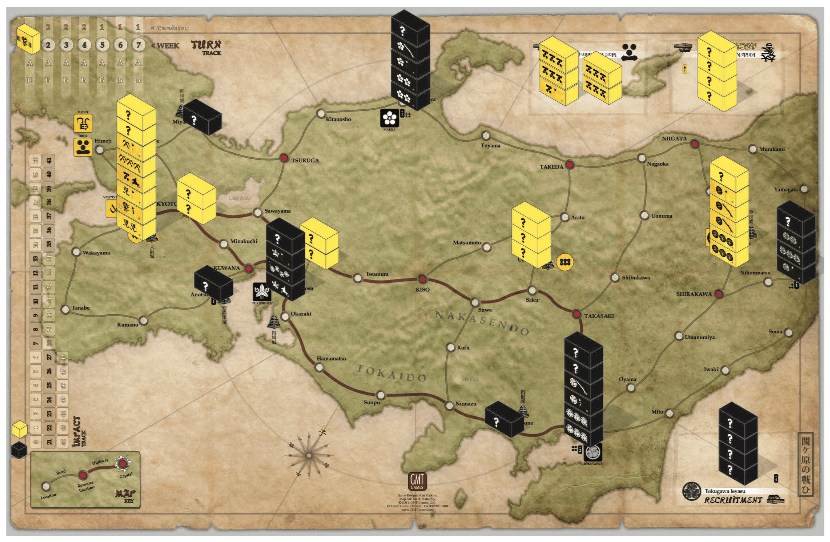
It recreates the Battle of Sekigahara, which took place in Japan in 1600 and unified the country under the Tokugawa family.
Matt enjoys thinking about the logical structures within a creative environment, and working out how to establish puzzle relationships between different elements.
He explains: “If you wanted to create a tennis board game, you’d have to consider things like fatigue, skill and how to win – find out what those qualities are, how they relate, ebb and flow, and how you protect your weaknesses.
“The process of thinking about how you win isn’t bad practice for creating and running a business.
“Unlike life, a game tells you what you’ve done wrong pretty quickly. If you play enough games and get used to it, you start seeking feedback from the rest of your time.
“You could be in a meeting and think halfway through ‘am I winning this?’ I think that all the time in meetings. I’ll ask myself if I’m doing a good job and then, if not, how do I correct that?
“Board games teach you how to think prior to that outcome as well. It’s a good mental habit to constantly monitor your own progress and judge yourself accordingly.”
Matt Calkins on why he hires people who excel at their hobbies
Given the workplace benefits he extracts from his great love of playing board games, it’s perhaps no surprise that Matt places tremendous value on hobbies.
In fact, potential candidates may well forget about joining Appian if they don’t have anything they’re good at outside of work.
“I look for people who exude excellence and just want to be good at everything,” says Matt. “People like that tend to be good at their hobbies.
“At work, we don’t really have much choice but to try and be good, yet a hobby is totally by choice and people pick things they like.
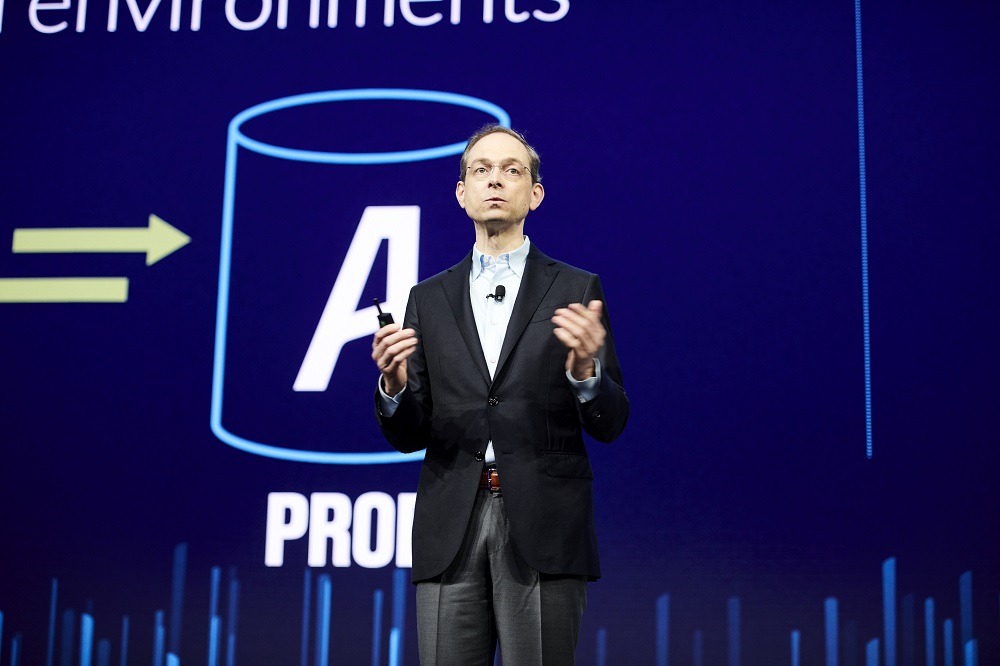
“If you don’t pick things you like, then you mustn’t like being good.
“I’m really competitive and I like people who have a sense of determination for being good in the things they do.”
Asking about people’s hobbies also enables Matt to get into a more informal conversation with interviewees, which helps to strip back the tension and provide an insight into who they really are.
He adds: “It’s a lot better than just asking ‘why do you want to work at Appian?’ You’ll just get an artificial answer.
“So I ask things like ‘what do you like to think about?’ and ‘what do you do when you’re not at work?’
“Almost everyone has a hobby, even if it’s not something official, and I’ll give a fair hearing to anything. It might just be something they think about or a topic they read.
“Everyone’s mind goes somewhere and I just like to know where it is – I want to live in their world for a few minutes and see who they are.”
Matt Calkins on Appian enjoying the most successful tech IPO of 2017 – and the future
Such outside-the-box thinking has helped to steer Appian through a steep growth trajectory.
When the company floated on the Nasdaq in May 2017, shares went on the market at $12 each but rose by 40% on the first day.
By the end of the year, they had eclipsed the $30-mark – making it one of the world’s most successful tech IPOs that year – and has continued to spiral since then to a peak of $42.34 in June 2018, still trading just below that value.
Matt admits this essentially meant he’d undervalued the shares but investors also acknowledged the company’s “proven results” with a relatively narrow set of clients that range from UK retailer John Lewis to global professional services firm KPMG – and identified the potential for a bigger impact.
UK-based multinational insurer Aviva, which has expanded through a series of acquisitions, has condensed 22 operating systems into one by using the low-code software – reducing the number of calls a customer would typically have to make when contacting the company from three to one, and cutting costs by 40%.
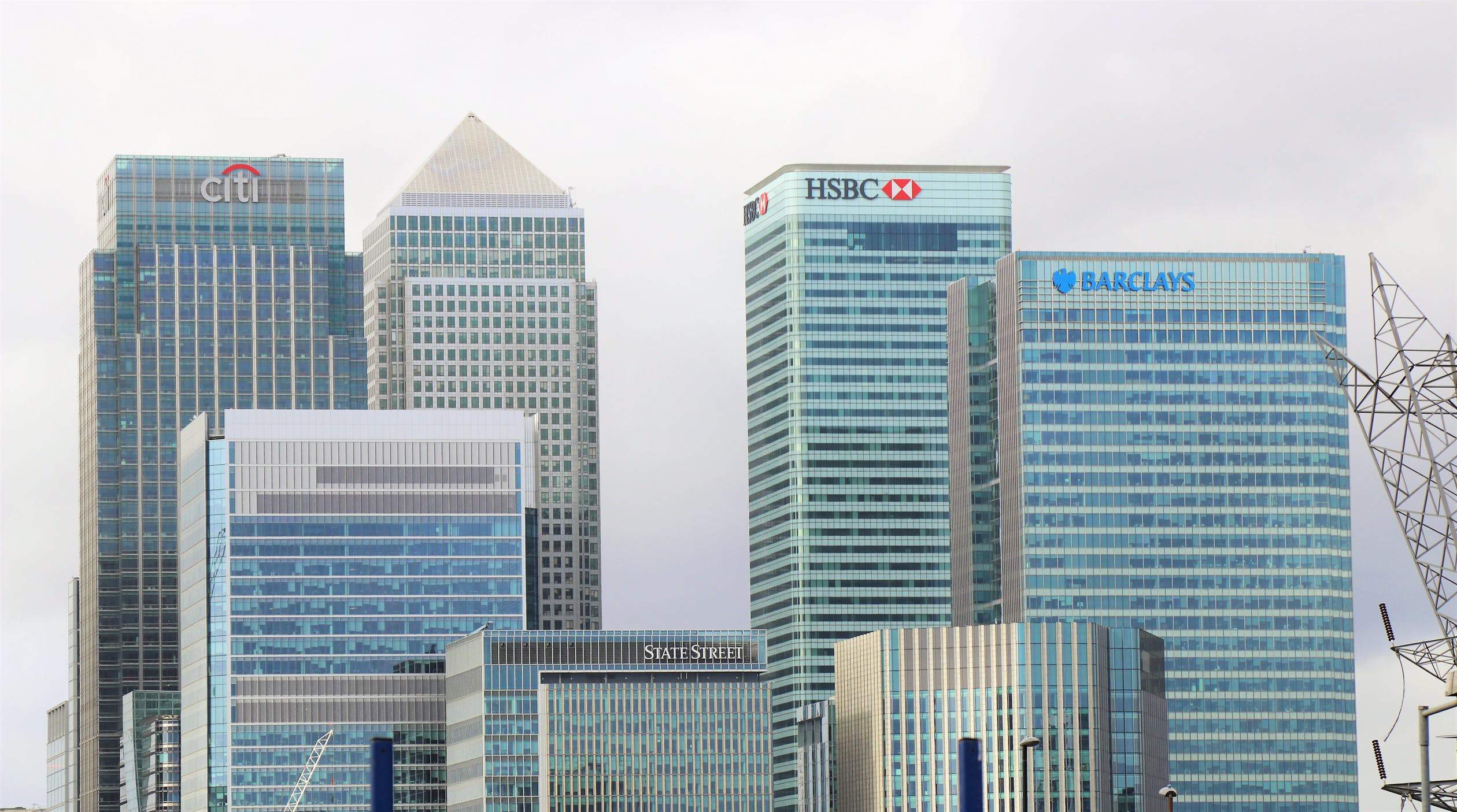
Barclays bank reformed one of its key call centres by equipping customer service agents with a dashboard that provided all the information they needed to know about a caller before speaking to them – leading to customer satisfaction increasing by 60% within three days.
Meanwhile, every employee at Dallas Fort Worth International Airport, one of the busiest in the US, now uses an app made using Appian tech for back office functions ranging from repairing airplanes to controlling terminal traffic.
Perhaps the biggest win for Matt’s company, however, arrived on a day that proved embarrassing for the Barack Obama administration.
When the former US president’s landmark Obamacare healthcare reform came into practice in 2013 through the Affordable Care Act, the federal healthcare.gov website – through which the general public could sign up – crashed almost immediately.
It remained out of action for nine months but, fortunately, a sign-up service via fax and mail had been established too using Appian technology and was in working order from the beginning.
Matt says: “Tens of millions of Americans signed up in those nine months using the service we had provided – we were the only game in town.”
Revenue from subscriptions, software and support has responded in kind to the flotation, growing by 38% to $126m for the year ending December 2018.
Headcount has increased by 50% over the past two years, now hovering around the 1,200-mark across its Washington DC headquarters and offices in the US, Canada, Europe, Australia, Saudi Arabia and Singapore.
Matt, always looking a few moves ahead, believes the company’s vision has been crucial to its success.
“We want to make it easy for organisations to do what they truly mean to do by using software,” he adds.
“These days, we need software to create action and we need action to create identity. Every company today is marginalised by their use of software, so what we’re doing is going to be very empowering for businesses and large institutions.
“I think investors saw that as a very valuable offering.”
Three leadership lessons learned by Matt Calkins throughout his career
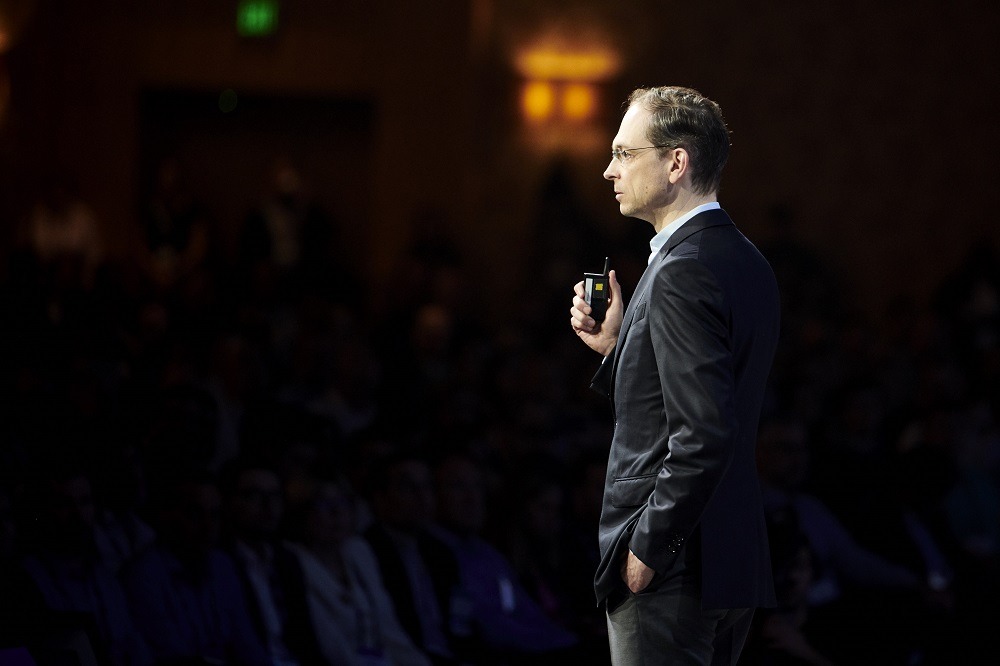
1. Create a culture of dissent
“Every idea should be tested through dissent and you should build a culture that’s not afraid to do it. That’s a lesson that came to Appian because my co-founders were debating champions. It proved a point and now I don’t really trust an idea until I’ve heard it disputed.
2. Focus on the value proposition objectively
“Think about what it is you’re offering and what your customers actually get. If I had one thing to start a business with, it would be a customer with a need. I’d just learn to satisfy that need and then use the intellectual property I’ve got, as well as the success and money, to grow it. Any other method to build a business is more speculative.”
3. Find people with a history of winning if you want to win
“People have a certain tendency to incorporate others’ external value functions. I like to find people who do that so they feel good when other people win. I’m looking for people who are really competitive but also competitive on behalf of others. If someone buys our software, then I want them to do really great things with it.”


